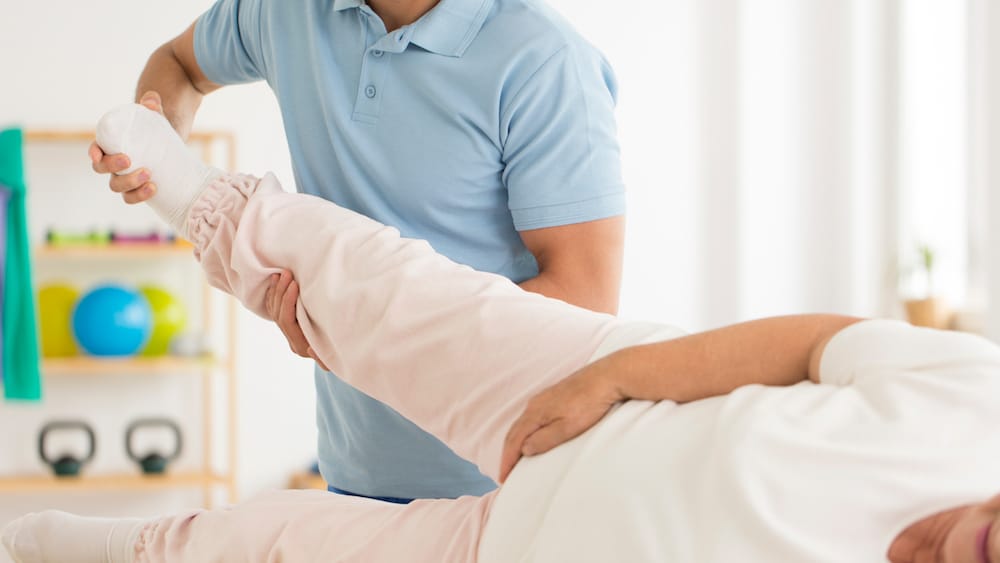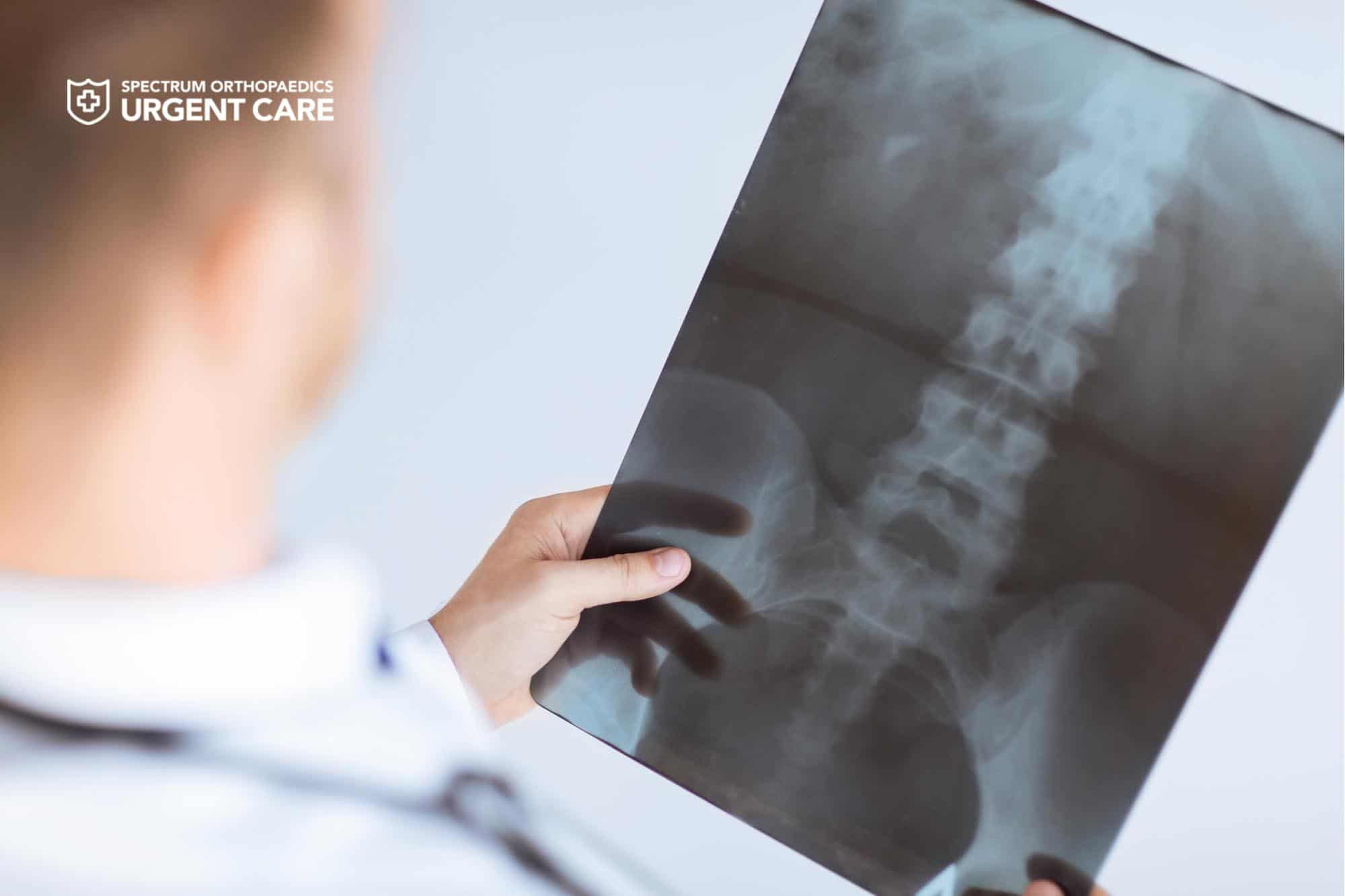The hip joint is one of the most resilient joints in the body. As the largest ball-and-socket joint, your hip allows you to walk, run, dance, play sports, and nearly every other activity you perform on a day to day basis. However, though the hip joint is extremely durable, it doesn’t last forever, and its cartilage can wear down significantly with use and age.
Common Causes of Hip Pain
If you’re experiencing hip pain, it’s likely affecting every facet of your life and keeping you away from the things you love to do. Not sure what the source of your hip pain could be? Here are some of the primary causes:
- Arthritis - Arthritis causes inflammation in the hip joint and degradation of the cartilage that cushions the hip bones. Arthritis can cause painful flare-ups through movement and can also cause reduced range of motion and stiffness.
- Tendinitis - Mostly affecting those with an especially active lifestyle, tendonitis is an inflammation of the tendons, or the tissue attaching bones to muscles. Tendinitis in the hip can cause pain, tenderness, stiffness, and swelling.
- Muscle strain - In some cases, hip pain can be caused by something as innocuous as overuse of the muscles through running or other stressful movements. Gentle stretching daily can ease muscle strain and reduce pain naturally over time.
- Bursitis - Bursae, the liquid sacs found between bones, muscles, and tendons, are designed to ease friction caused when tissues rub together during movement. Bursitis refers to the inflammation of bursae, which is also caused by repetitive activity involving the hip or overworking the joint.
What Should I Do About My Hip Pain?

There are several treatment options to consider for your hip pain. A consultation is best so that one of our doctors can evaluate your hip and recommend the best treatment plan.
Medications
For immediate relief from hip pain, you can try over-the-counter medications like acetaminophen, ibuprofen, and naproxen.
Our doctors may recommend prescription medications to help manage hip pain.
Physical Therapy
In some cases, physical therapy may help improve mobility and lessen pain of the hip. Physical therapy aims to treat joint pain with a series of exercises and stretches to improve mobility, strength, balance, and more.
At OrthoUnited, we provide a personalized plan of care tailored to help you meet your individual recovery goals. Learn more!
Surgery
However, if your hip pain is deeper and more persistent than a bit of stiffness during cold weather or sore muscles after exercise, you may want to consider total hip joint replacement surgery.

Many people try to avoid surgery for as long as possible, even if their pain is extreme. However, a hip joint replacement is a minimally invasive surgery that will allow you to perform all of your daily tasks pain-free, from simply getting up in the morning to jogging, dancing, and any other physical activities you enjoy. Hip replacement recipients are able to recover in the comfort of their own home and the relatively smaller incisions used during the surgery result in decreased pain, swelling, and scarring as well as a fast recovery.
Schedule a Consultation to See if Surgery is Right for You
Not sure if total hip joint replacement surgery is the right move for you? Contact OrthoUnited today to schedule an appointment with the best in Northeast Ohio.
